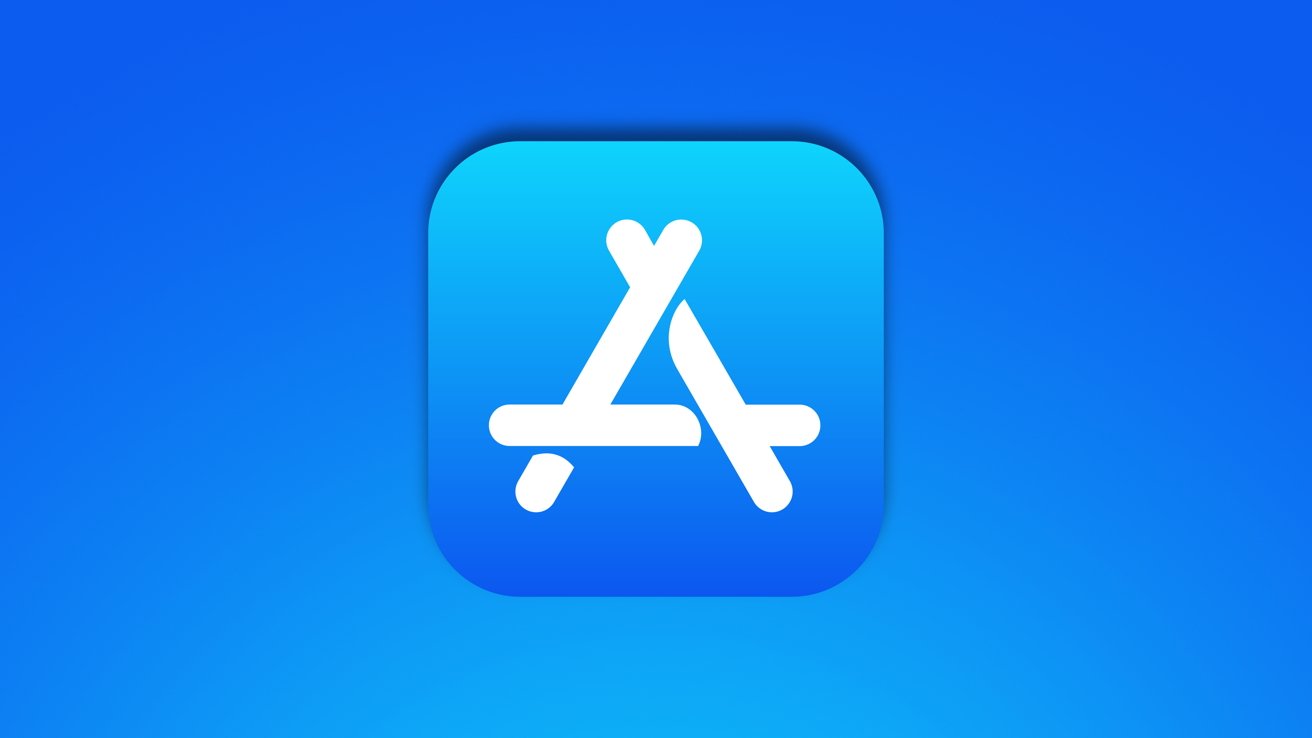As promised, the iOS 17.5 beta includes support for sideloading apps directly from authorized developer websites in the European Union.
When Apple first released its plans for complying with the EU's Digital Markets Act, it only intended to allow sideloading via authorized alternative app marketplaces. Regulators disagreed with this implementation and pressured Apple to add support for website downloads as well, and it promised to by a spring update.
Code references to Web Distribution discovered by MacRumors suggest iOS 17.5 will enable sideloading from websites. It's not possible to sideload any app from any website, as Apple still requires stringent security checks and authorization.
Developers must sign up for the new EU business terms that allow them to create third-party app marketplaces. To do that, they must have been in the Developer Program for two years or more and have an app with more than a million first installs annually.
Apple didn't directly mention the alternative requirement for app marketplaces as a possible option for developers, but it could also be allowed for Web Distribution. The alternative requires a standby letter of credit of one million Euros and two years in the Developer Program.
The first iOS 17.5 beta released on Tuesday, April 2 with minimal user-facing updates like changes to the Podcasts app widget. The public release likely won't arrive until sometime in late April or early May.
 Wesley Hilliard
Wesley Hilliard








 Christine McKee
Christine McKee
 Charles Martin
Charles Martin
 Mike Wuerthele
Mike Wuerthele
 Marko Zivkovic
Marko Zivkovic
 Malcolm Owen
Malcolm Owen


 William Gallagher
William Gallagher


-m.jpg)






10 Comments
Doing a Dr. Evil style "one million downloads" won't work. The smallest country by population in the EU has < 550,000 citizens. Apps serving niche markets run into the same problem. It prohibits new apps from growing into big apps using new distribution methods. It would IMHO be smart for Apple to deliver before politicians start rewriting the DMA.
Apple is slowly but surely making an alternative Europhone for the EU market. Seems to be the only way to keep them from ruining the basic design for the rest of us. As long as such “regionized” models are interoperable (tourists can use them overseas), I see no big problem except for the added cost for Apple having to maintain more SKUs. On the other hand, if the EU succeeds in emasculating the phone to the point where it no longer has any advantage over its competitors, sales could suffer.